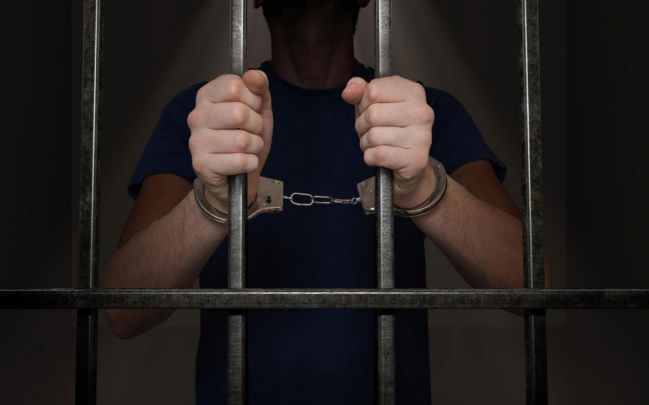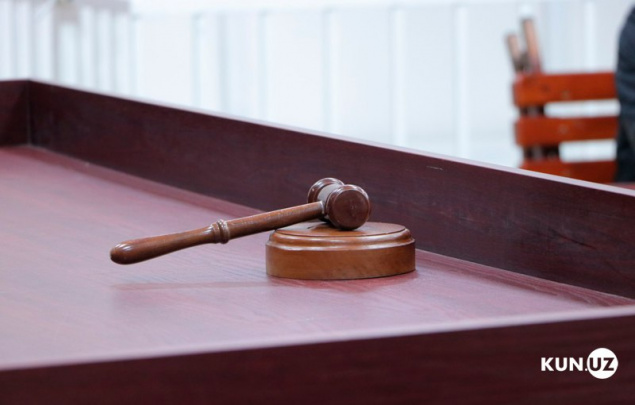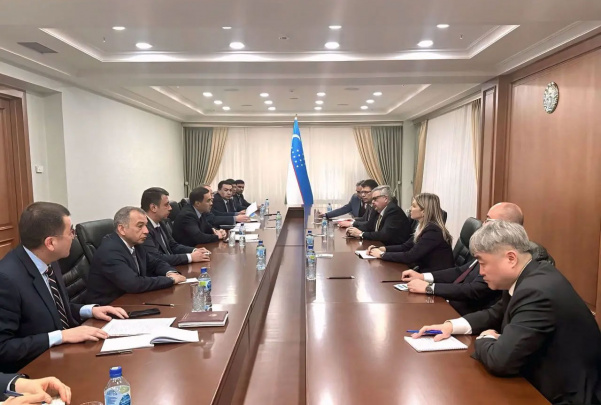Judiciary in Uzbekistan does not operate with complete independence and impartiality – US Department of State

Фото: KUN.UZ
The US Department of State has published a report on the human rights practices in Uzbekistan. The report focuses on the judiciary and the role of security services in controlling various organizations.
The Bureau of Democracy, Human Rights and Labor has published its report on human rights practices in Uzbekistan for 2020.
The report says Uzbekistan’s courts are not fully independent.
“The constitution provides for a judiciary; however, the judiciary does not operate with complete independence and impartiality. The Prosecutor General’s Office and other law enforcement bodies occasionally exerted inappropriate pressure on members of the judiciary to render desired verdicts. Regardless of the length of their term, judges can still be arbitrarily dismissed by the Supreme Judicial Council, making them vulnerable to political pressure,” the document said.
It is noted that when prosecutors apply to the court to issue warrants for the arrest of a suspect, in most cases, the judges grant this request. Otherwise, the prosecutor has the right to appeal the refusal to a higher court.
“Detention without formal charges is limited to 48 hours, although a prosecutor may request that a judge extend detention an additional 48 hours, after which the person must be charged or released. Judges typically grant such requests, and the judge who issues such an extension is often the same one that presides over the trial, which creates incentives to cover up violations,” the report says.
The report mentions the lack of transparency in crime cases.
If both parties agree, the court continues to broadcast the debate on the court air. Such broadcasts are usually limited during the consideration of administrative offenses or small economic cases.
The Supreme Court tries to publish its rulings on its website, but lower courts usually do not publish their rulings, which makes it difficult for lawyers to review previous evidence.
It has been observed that judges for the most part reject requests from defendants to call additional witnesses or to include evidence supporting the defendant in the case documents.
The US Bureau drew attention to the small number of lawyers in Uzbekistan, to the fact that law enforcement agencies have the right to control the correspondence of lawyers.
The right of the defendants to hire a lawyer is not respected. There are cases of compulsory signing of a document waiver of this right of their own free will, the report says.
Some advocates are reported to have difficulty communicating with their clients. They are not provided with information about the criminal case in which their clients are involved.
At the same time, the report notes an increase in the number of acquittals, provision of the defendants with legal consultants and translators, if necessary.
According to the new procedure established last year, now the detention of a person and the explanation of procedural rights to him must be recorded on video. Also, within 24 hours after the arrest, a person should notify his family members or other close persons about his detention and whereabouts. However, according to the media and human rights activists, in practice, these measures are not always applied.
Related News

15:49 / 31.01.2026
Nearly 63,000 convicted in Uzbekistan in 2025 as non-custodial penalties expand

14:46 / 30.01.2026
More than 500,000 people penalized for administrative offences in Uzbekistan in 2025

20:36 / 27.01.2026
Uzbekistan demands Russia protect rights of its citizens working in RF

15:48 / 13.01.2026




